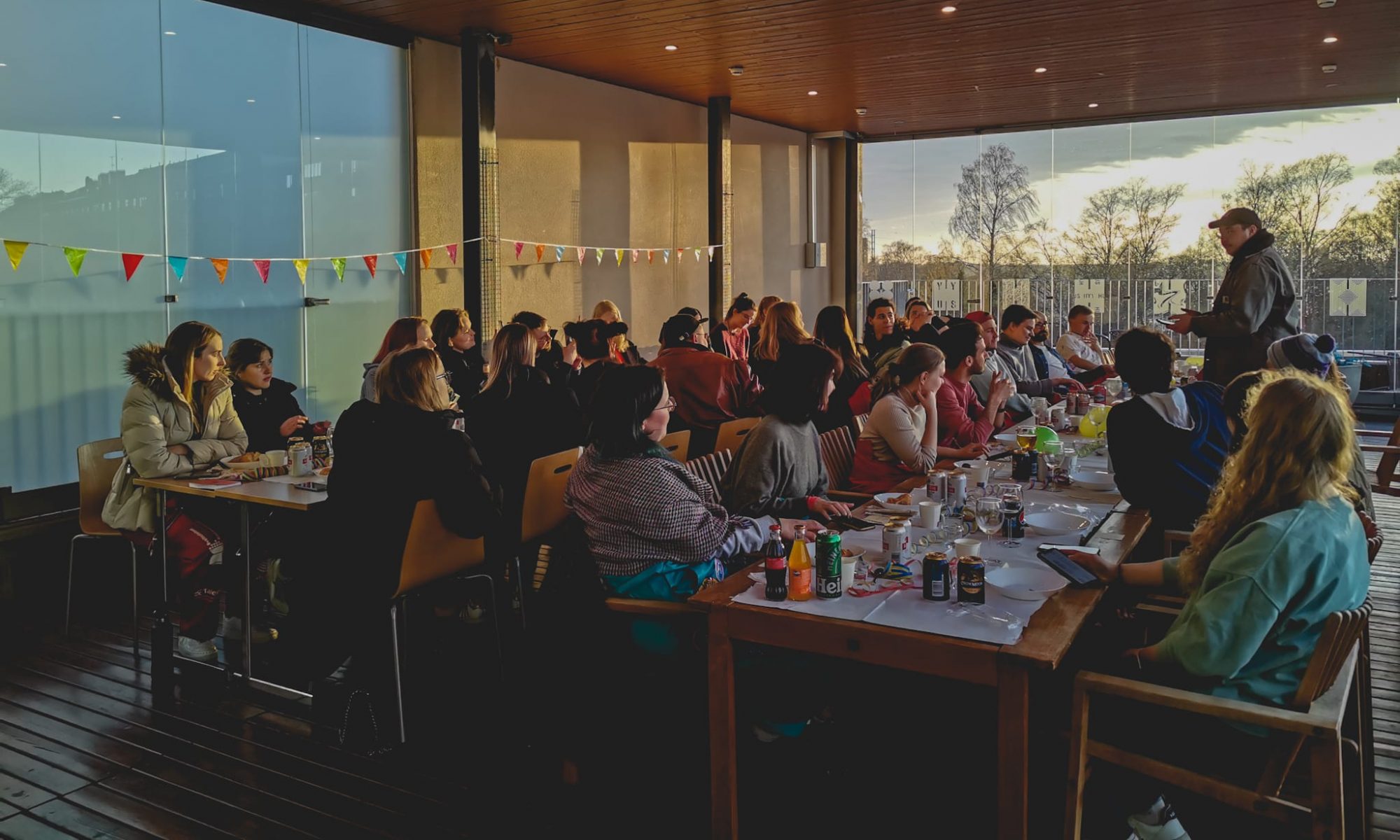Care Kehn
Each year an estimated 276 million Americans gather with friends and loved ones on the fourth Thursday of November and celebrate Thanksgiving. They roast turkeys and pumpkins, bake pies and casseroles, and watch the Macy’s Thanksgiving Day Parade and the National Football League on television.
These traditions date back to 1621, when the Dutch settlers of the Plymouth Colony, in modern-day Massachusetts, celebrated the harvest festival for three days with their Native American neighbors. History tells us that when the first settlers came to the American colonies, they did not know how to appropriately store food for the harsh winter. The indigenous people not only taught them farming practices, but ultimately, saved the colonists from starvation. It’s important to note here, that this generosity and goodwill was not repaid in kind. Thanksgiving is celebrated by most indigenous Americans as a National Day of Mourning for their lost land and peoples at the hands of the United States’ government. In no way do I wish to detract from the turbulent origins of Thanksgiving, but I will spend this reflection focusing on the place that this holiday occupies in the minds of most Americans today as it is indicative of our national ethos, even when those gloss over the most difficult moments in our history.
Now, these traditions even extend globally. While Canadians have had their own official Thanksgiving holiday in mid-October since 1957, ‘Britsgiving’ is a relatively recent phenomenon. With no connection to the America historical tradition, one in six Britons celebrate Thanksgiving at the same time as the Americans. So, we must pause and ask ourselves, in a world overcome by increased social distance and technology, why does this holiday, a day where we pause for connection and gratitude, become even more attractive? How is the simplicity of this day becoming an even more globalized phenomenon?
I believe that the popularity of Thanksgiving stems not from a mere moment of simple gratitude, but a true recognition of how much humans need each other to thrive rather than just survive. Moving to Helsinki as an American was difficult. I struggled with the language, the bureaucracy, and the Finnish things I had never encountered before—like sauna etiquette and electron bank cards. Yet at the same time, my frustrations and questions were always met (and often anticipated) by my Finnish friends, who have treated me to more patience and understanding than I deserve. From helping me find American marshmallows to make familiar holiday recipes to gifting me bicycle seat covers, I am very thankful indeed for the reminder that I cannot do this life alone—and I do not need to.
Erik Erikson, a German-American development psychologist, captured it best when he said, “Life doesn’t make any sense without interdependence. We need each other, and the sooner we learn that, the better for us all.”
Whether or not you officially celebrate the Thanksgiving holiday, I urge you to take some time at the beginning of this holiday season to reflect on not just what you are grateful for, but who you are grateful for. Let the support system in your life know how thankful you are for them and consider what you can offer to those around you. Be willingly interdependent and restore a little faith in the whole of humanity.
Happy Thanksgiving from CISSI!

